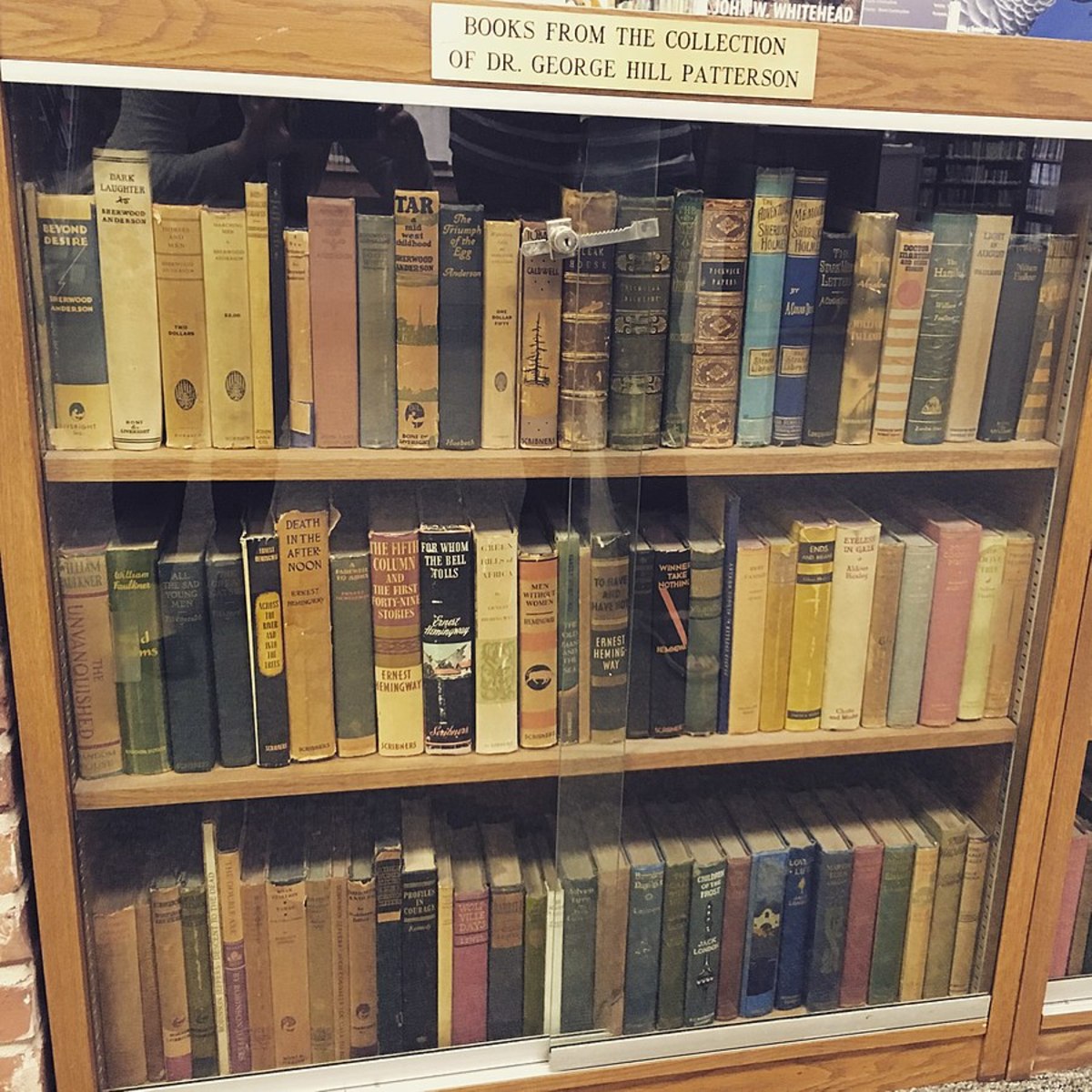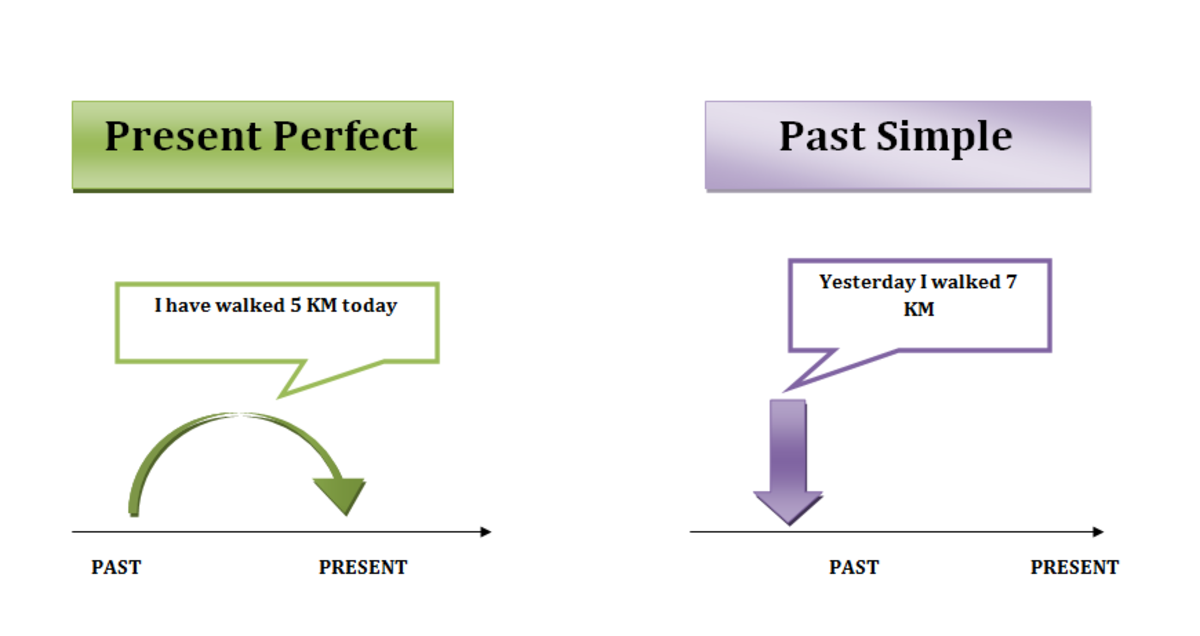Learning English: Used to (habits and states in the past)

What is used to?
We use 'used to' to describe a habit or state in the past which is not true now.
For example we use it to say when something has finished like in your childhood:
When I was a child I used to live in Paris
This means that the speaker no longer lives in Paris.
It is formed like this:
Subject + used to +infinitive
I + used to + live in Paris
To form a question you:
Did + Subject + use to + infinitive
To form negatives
Subject + didn't + use to + infinitive
Note here in questions and negatives we use 'use to' without the 'd'

What's the difference between a habit and a state?
A state, or stative verbs, are words that describe a state of being and are not dynamic or used to describe an action.
Things like possession (have, own, possess) are state verbs and do not include an action. live, be, like, love are also states.
I used to love Harry Potter (Love here is a state and this sentence implies that the speaker no longer loves Harry Potter)
Habits are something that are repeated and use action/dynamic verbs.
I used to read the Harry Potter books everyday. (read here is an action and the sentence means that the speaker does not read everyday, but possibly reads once or twice a week or never at all. To understand more you would need more context)

What are the alternatives?
You can replace 'used to' with 'past simple' for both past habits and states with no change in meaning. You can say "I lived in Paris when I was younger and I used to love it."
If you want to describe a singular action in the past you must use past simple:
Last night I went to a restaurant and I usually pay with card, but I had forgotten it so I paid with cash.
You cannot use 'used to' here.
'Used to'
There is no form of 'used to' in the present and if you want to talk about a habit in the present we use present simple and normally 'usually'. "I usually play the guitar everyday".
You can also replace 'used to' with 'would' when it is describing a habit, but you can't use it to replace a state verb. If you use it with a state verb it makes it become the second conditional. The use of 'would' is more for use in formal works or literature.
When I was a child I would often go for a walk on the beach with my father.
(You can't say I would be a teacher)





